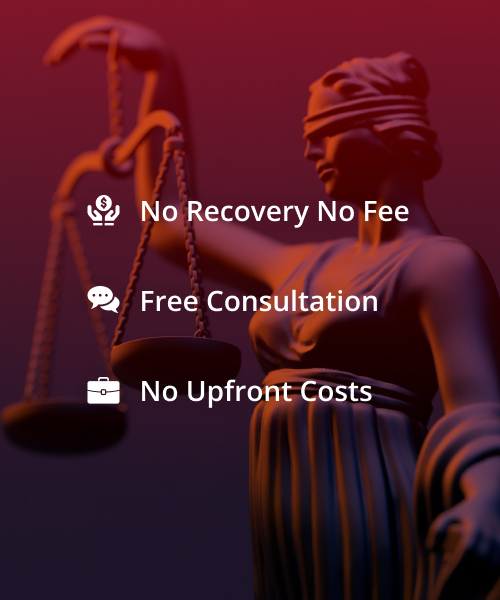






Articles Posted in court
We're sorry, there are no posts to display here.
Topics
- Amusement Park Injury
- Announcements
- Assaults, Robberies, & Attacks
- Automobile & Motorcycle Accidents
- Bad Faith
- Bicycle Accident
- Blog
- Boating Accidents
- Dog Bites & Animal Damage
- General Negligence
- Health Insurance & Life Insurance Denial
- Legal Education
- Medical Malpractice
- Negligent Security
- Negotiate Damages
- Pedestrian Accident
- Personal Injury
- Premise Negligence
- Premises Liability
- Social Media
- Uncategorized
- Unfunded Pension Liability
- Workplace Negligence
- Workplace Violence
- Wrongful Death
Client Reviews
Mr Davis is the finest personal injury attorney in the state of Florida. His intensive medical knowledge alone and how it relates to Florida law puts you in the hands of this highly skilled lawyer. Injury cases today more than ever need a fighter on your side and the...
Someone who truly cares! We had been dealing with a legal issue for over two years with another attorney, with no results. Jeff Davis stepped in, and has made more progress in a few months, than we had in over two years. He communicates absolutely everything with his...
Jeffrey is a very knowledgeable and competent attorney. When I spoke with Jeffrey the first time on the phone, he was professional and answered any questions I had. So if you are ever in need of an awesome personal injury attorney who has excellent communication skills...
Do not recommend. His staff made several mistakes on our case due to lack of care and attention. Jeff is more worried about covering himself and collecting his fee, than he is in following through on what he had promised. He has wasted our money and time and caused us a...

Get in Touch
Available 24/7 (305) 577-3777

